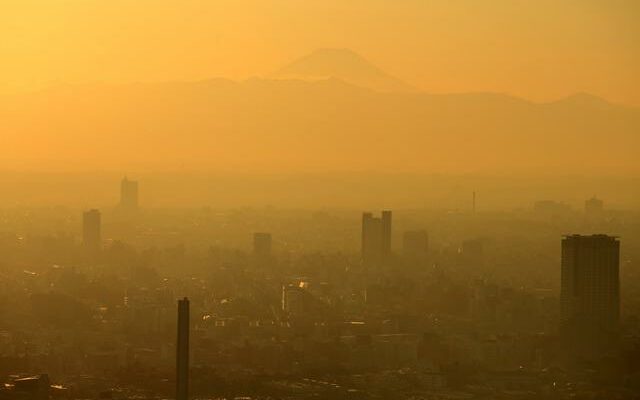World Clean Breath Day, celebrated every year on August 5, is commemorated with various events around the world to draw attention to the importance of respiratory health and to raise awareness about the negative effects of air pollution. According to the latest report by the World Health Organization (WHO), more than 90 percent of the world’s population breathes polluted air, which leads to 7 million premature deaths each year.
THOSE LIVING IN METROPOLITAN CITIES ARE AT RISK
People living in large cities in particular are exposed to high levels of harmful particulate matter due to industrial activities and vehicle traffic, which can lead to serious health problems such as asthma, chronic obstructive pulmonary disease (COPD) and lung cancer. Recent studies in Turkey show that air quality in large metropolises such as Istanbul and Ankara is above the limit values and a large portion of the population lives in unhealthy air conditions. World Clean Breath Day provides a critical platform to draw attention to this important public health issue and encourage the implementation of clean air policies.
In this context, Prof. Dr. Şevket Özkaya, who provided detailed information about the effects of air pollution on health, also warned by underlining that this pollution reduces human life expectancy by an average of 3-5 years.
CLEAN AIR IS CRITICALLY IMPORTANT FOR HEALTH
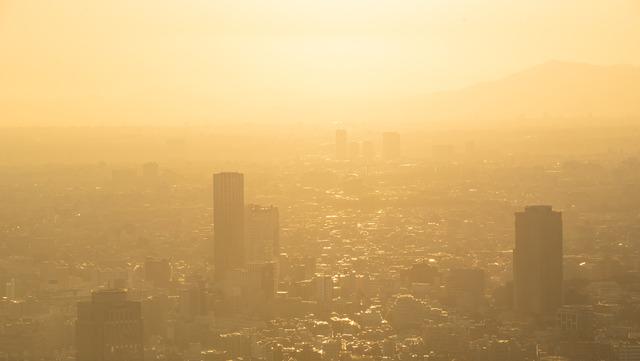
Prof. Dr. Şevket Özkaya, drawing attention to the importance of World Clean Breath Day, said, “Life begins with breathing and continues with breathing. With each breath, our lungs inhale the atmospheric air from the outside environment to provide the oxygen needed by the heart, brain and other organs. In this atmospheric air, we inhale not only oxygen but also dust, particles and other pollutants into our lungs.” Prof. Dr. Özkaya stated that a person breathes approximately 20 thousand times a day and inhales approximately 10 thousand liters of air during this process, and pointed out how critical breathing clean air is for health.
THE INVISIBLE KILLER KILLS MORE THAN 7.5 MILLION PEOPLE EVERY YEAR
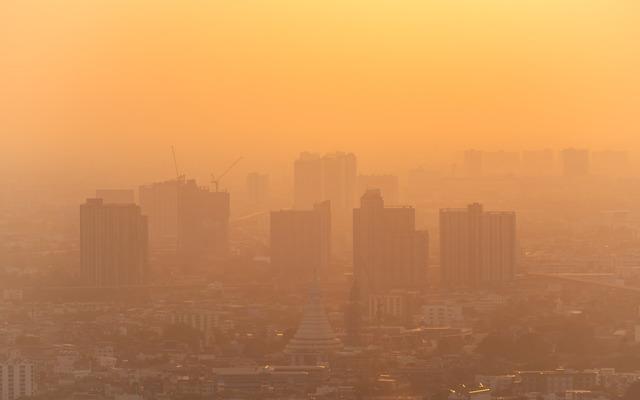
Şevket Özkaya also said that according to the World Health Organization (WHO) data, 99 percent of the world’s population breathes polluted air that exceeds guideline limits, and said, “This situation leads to the death of more than 7.5 million people every year. Air pollution is defined as a global threat that plays a role in the pathogenesis of respiratory, cardiovascular, neurological and endocrinological diseases. WHO reports that a 10 g/cubic meter increase in annual PM2.5 concentration increases the overall mortality rate among adults by 6 percent.”
EFFECTS OF AIR POLLUTION ON HEALTH
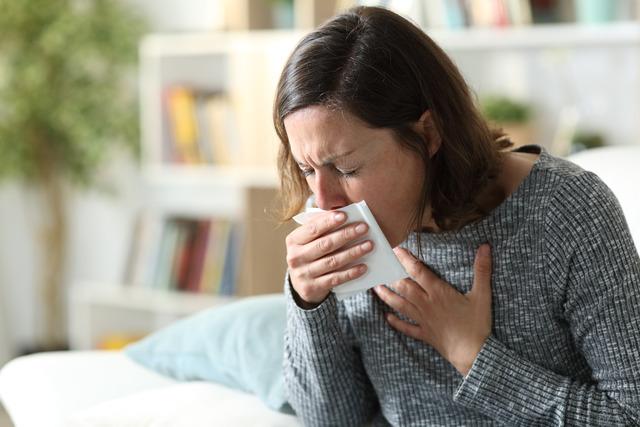
Prof. Dr. Özkaya explained the wide-ranging effects of air pollution on health with the following words:
“Air pollution causes many serious health problems, from respiratory diseases to heart disease, neurological disorders to metabolic syndrome and diabetes. There is also research that chronic exposure causes obstructive sleep apnea and other sleep disorders.”
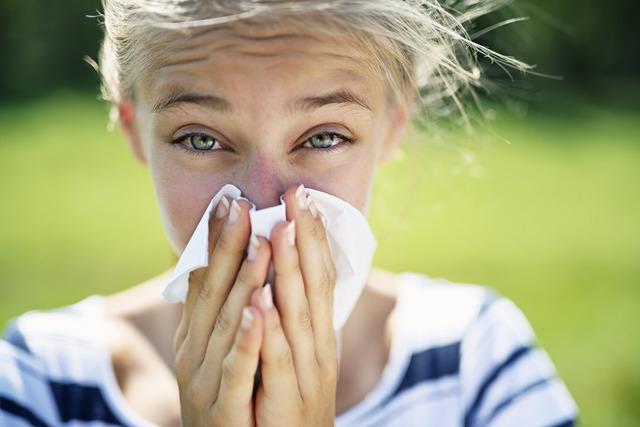
“In addition, epidemiological studies show that air pollution increases upper airway symptoms such as runny nose, nasal congestion, laryngospasm and lower airway symptoms such as cough, shortness of breath, and wheezing. Serious health problems such as asthma, chronic obstructive pulmonary disease, lung cancer, congestive heart failure and stroke are among the main causes of mortality and morbidity caused by air pollution.”
THE DISEASE OF THE NEW AGE: “SICK BUILDING SYNDROME”
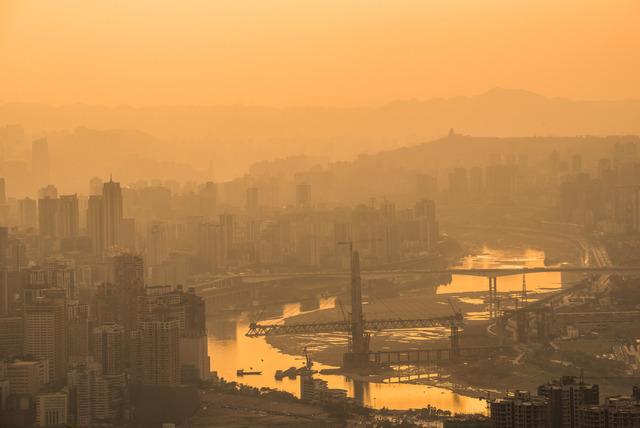
Özkaya, who also provided information about the “Sick Building Syndrome” defined in new age employees, stated that indoor air pollution experienced in closed offices or homes causes various health problems. Özkaya, who stated that the symptoms of this syndrome include headache, irritation in the eyes, nose and throat, dry cough, dizziness, difficulty in concentration and fatigue, said, “Sick Building Syndrome can be caused by factors such as inadequate ventilation, faulty heating and air conditioning systems.”

Reminding that although building occupants generally experience relief from their symptoms after leaving the building, long-term exposure to neurotoxins can lead to permanent effects, Prof. Dr. Özkaya emphasized that this syndrome is especially common among closed office workers.
Effects on children
Özkaya also touched on the negative effects of polluted air on children’s health and continued his words as follows:
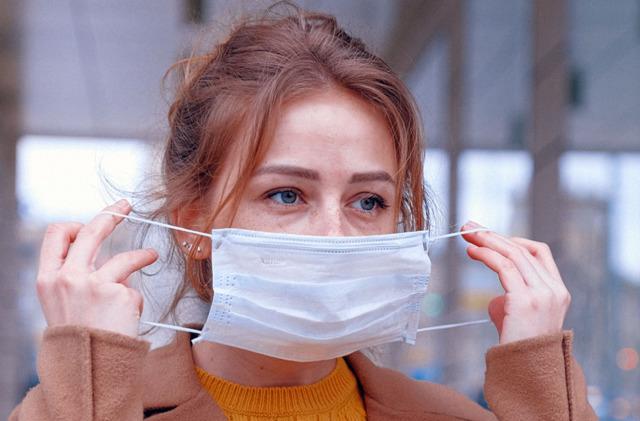
“A study published in the New England Journal of Medicine (2004) revealed how air pollution in Southern California harms children’s lungs. Children exposed to air pollution during their developmental years were found to have significantly reduced lung capacity by the time they reached the age of 18. Although the number of cities using coal for heating has decreased with the widespread use of natural gas in our country, coal, dung, and wood, etc. are still used for heating, especially in rural areas, and combustible materials such as tandoor ovens and wood for cooking indoors. This pollutes the air we breathe both indoors and outdoors and causes us to get sick.”
PLAN YOUR LIFE ACCORDING TO AIR POLLUTION MEASUREMENTS

A 2013 study in China showed that in northern regions where coal is widely used, life expectancy is 5 years shorter than in the south where coal is not used for heating. The Indian government announced in 2015 that air pollution has caused the death of 35,000 people in the last 9 years, and epidemiologists reported that air pollution in India has shortened life expectancy by approximately 3 years. Finally, Prof. Dr. Özkaya emphasized the importance of monitoring indoor and outdoor air quality, saying, “Closely monitor the air quality you breathe indoors and outdoors for both your children, the elderly, and yourself, and on the occasion of this awareness day, we recommend that you plan your life according to air pollution measurements regularly taken by the meteorology.” (İHA)
